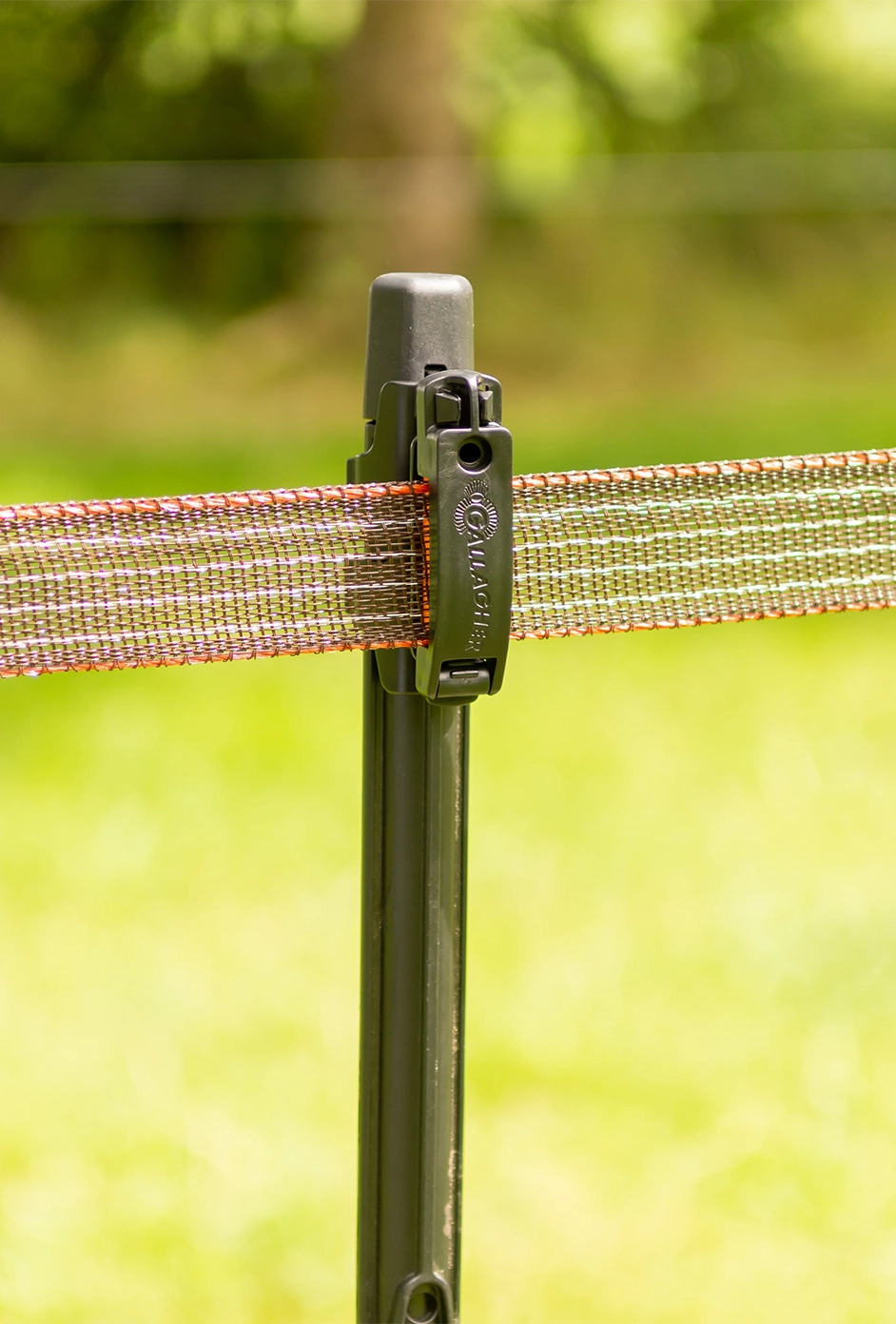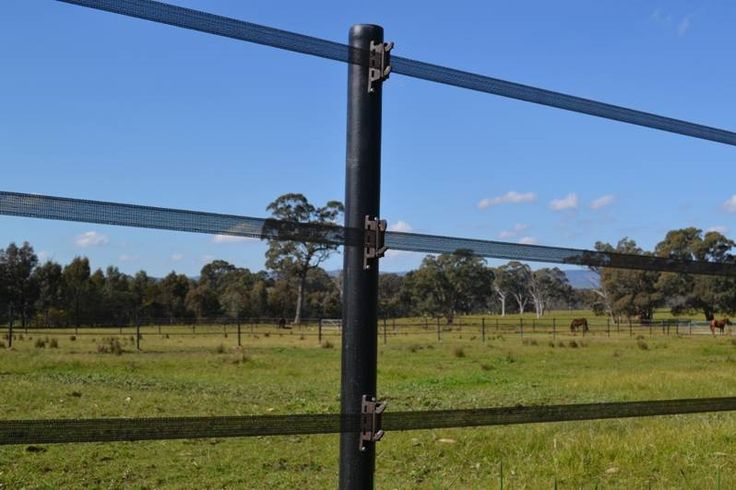Fencing Options: Keeping Horses Safe and Contained

When it comes to horse care, one of the most critical considerations is choosing the right fencing. Proper fencing not only keeps horses safely contained but also protects them from injury and prevents escapes. This article explores various fencing options, their benefits, drawbacks, and suitability for different environments.
Why Proper Fencing Matters
Fencing serves multiple purposes: it defines boundaries, prevents horses from wandering off, and protects them from external dangers such as predators or traffic. Additionally, good fencing minimizes the risk of injury by using materials and designs that are safe for horses.
Common Fencing Types for Horses
| Fencing Type | Description | Pros | Cons | Best For |
|---|---|---|---|---|
| Wood Fencing | Traditional wooden rails or boards | Natural look, sturdy, visible to horses | Requires maintenance, can rot or splinter | Pastures, arenas |
| Vinyl Fencing | Synthetic material mimicking wood | Low maintenance, durable, safe | Can be expensive, less natural look | Residential farms, arenas |
| Electric Fencing | Wire or tape with electric charge | Cost-effective, flexible, easy to install | Requires power source, horses need training | Temporary or rotational grazing |
| Wire Fencing | Barbed or woven wire | Inexpensive, strong | Can injure horses, less visible | Perimeter fencing (with caution) |
| Mesh or Field Fence | Wire mesh panels or rolls | Prevents small animals from entering | Can be costly, may require posts | Pastures with small animals |
Factors to Consider When Choosing Fencing
- Safety: Avoid sharp edges, splinters, or materials that horses can easily break or get tangled in.
- Visibility: Horses need to see the fence clearly to avoid accidental collisions.
- Durability: Weather resistance and longevity reduce maintenance costs.
- Cost: Initial installation and ongoing maintenance expenses.
- Purpose: Whether for permanent containment, rotational grazing, or temporary use.
Installation and Maintenance Tips
- Ensure posts are securely anchored and spaced appropriately.
- Regularly inspect fencing for damage or wear.
- Train horses to respect electric fences gradually.
- Use protective caps or covers on sharp edges.
Frequently Asked Questions (FAQ)
Q1: What is the safest type of fencing for horses?
A1: Wood and vinyl fencing are generally considered safest due to their visibility and smooth surfaces.
Q2: Can electric fencing be used for permanent horse containment?
A2: Yes, but it requires consistent maintenance and horse training to be effective.
Q3: How often should horse fencing be inspected?
A3: Ideally, fencing should be checked weekly to ensure safety and functionality.
Q4: Is barbed wire fencing recommended for horses?
A4: Barbed wire is generally discouraged as it can cause serious injuries.
Conclusion
Choosing the right fencing is essential for horse safety and effective containment. By considering the specific needs of your horses and property, you can select a fencing option that balances safety, cost, and durability. Regular maintenance and proper installation further ensure a secure environment for your equine companions.
